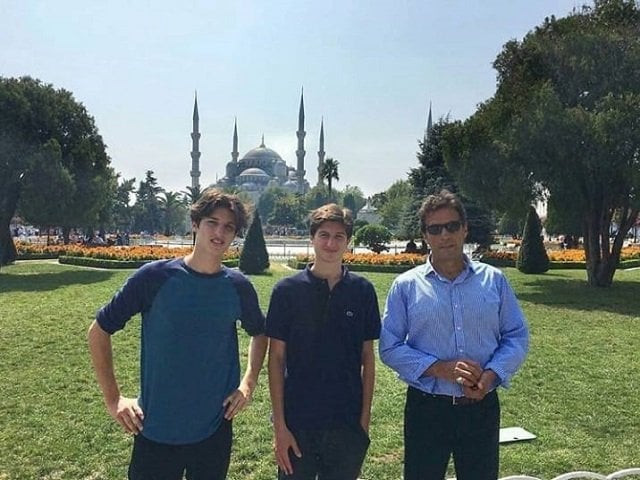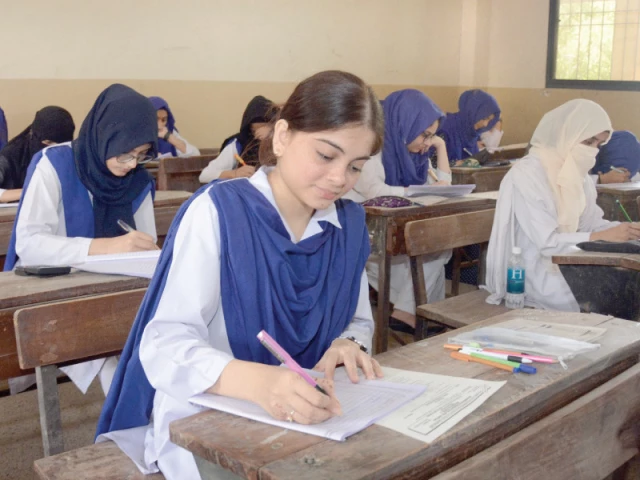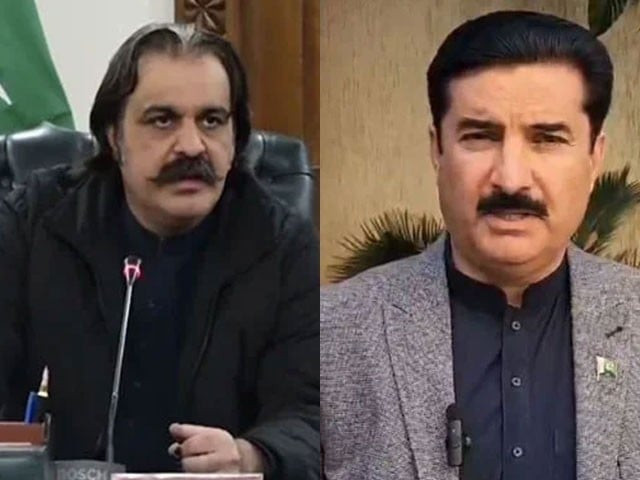The Turmoil Surrounding Imran Khan: A Family’s Struggle
In a deeply troubling turn of events, Jemima Goldsmith, the ex-wife of former Pakistani Prime Minister Imran Khan, has accused the Pakistani government of blocking her children from speaking to their father. She believes this is part of a larger personal vendetta against him. In a series of emotional tweets, she made it clear that despite their efforts, her children are facing intimidation, with threats of arrest if they attempt to see their father.
Imran Khan, who has been a significant figure in Pakistani politics as the founder of the Pakistan Tehreek-e-Insaf (PTI), is currently enduring his second year of solitary confinement. His imprisonment stems from numerous charges, which many supporters view as politically motivated. Goldsmith’s complaints signal a broader issue: the state of democracy and individual rights in Pakistan.
She posted on X (formerly Twitter), stating, “My children aren’t allowed to speak on the phone to their father. He’s been in solitary confinement for nearly two years.” This situation raises serious concerns about the treatment of political figures and their families in a country still grappling with the balance between governance and personal freedoms.
The tension escalated when the Adviser on Political Affairs, Rana Sanaullah, warned that Imran’s sons would also face arrest if they participated in a planned protest organized by the PTI. This statement highlights how dissent is being managed in Pakistan and the lengths to which the government may go to suppress opposition.
Imran’s sister, Aleema Khan, further fueled the conversation by asserting that her nephews were prepared to join protests in support of their father, emphasizing his resolve to lead from behind bars. She described the struggle as one of freedom, saying, “Imran Khan has said that he will lead the protest movement. He is free while in jail, but we are prisoners despite being outside.”
The emotional toll on Imran Khan’s family is evident. Earlier this year, his sons, Suleman and Kasim, voiced their concerns about their father’s harsh conditions and the lack of communication. They expressed a strong desire for international support to alleviate his suffering. Suleman emphasized, “What we want is global pressure,” underscoring the dire need for basic human rights and fair treatment.
As this situation unfolds, it shines a light on the complexities of political strife in Pakistan and the human stories that lie beneath. It serves as a reminder of the impact of governance decisions on families and individuals who simply seek justice and transparency.
For those looking to understand more about the region and to stay informed about ongoing political developments, connecting with resources like Pro21st can provide valuable insights into the dynamics at play.
At Pro21st, we believe in sharing updates that matter.
Stay connected for more real conversations, fresh insights, and 21st-century perspectives.





